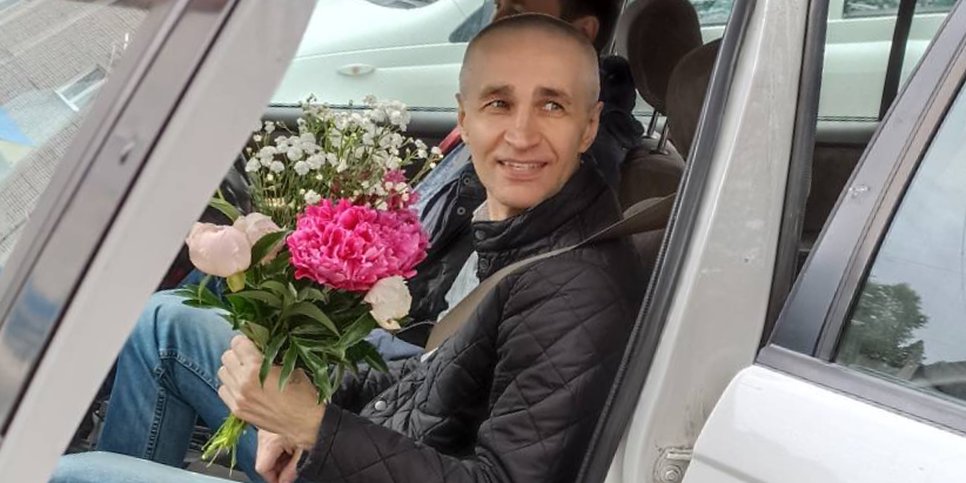Tomsk Regional Court Replaced Seversk-Based Andrey Kolesnichenko's Four-Year Prison Sentence With a Suspended Sentence
Tomsk RegionOn June 30, 2022, the Tomsk Regional Court, chaired by Judge Andrey Kaplyuk, mitigated the sentence imposed by the court of first instance and replaced Andrey Kolesnichenko, 52, having changed four years in a penal colony for four years of probation.
The hearing was held via video-conferencing, as Kolesnichenko is in the pre-trial detention center in the city of Kolpashevo, which is more than 300 kilometers from Seversk. After the decision of the Court of Appeal, the believer was released. The verdict has entered into force. Kolesnichenko has the right to appeal against it in the cassation procedure.
In January 2022, Andrey Kolesnichenko was found guilty by the judge of the Severskiy City Court of the Tomsk Region, Yalchin Badalov. He considered proven the believer's guilt in participating in the activities of an extremist community (part 2 of article 282.2 of the Criminal Code of the Russian Federation). The sentence turned out to be somewhat milder than the prosecutor requested—5 years in prison. The believer was taken into custody.
On the same day, the judge of the Severskiy City Court, Svetlana Chebotareva, found guilty and sent to a colony for 7 years the brother of Andrey's wife, Yevgeniy Korotun.
The criminal prosecution of both Andrey Kolesnichenko and Yevgeniy Korotun began with searches that took place in July 2020. The Investigative Committee for the Tomsk Region opened a criminal case against Korotun, from which 8 months later he separated the case of Kolesnichenko into a separate proceeding.
On December 17, 2021, the 35 member countries of the International Religious Freedom Alliance issued a joint statement in defense of Jehovah's Witnesses who are being persecuted for their religious beliefs. The statement calls for the immediate release of all prisoners and an end to torture, violence, searches and other forms of discrimination against this denomination.

